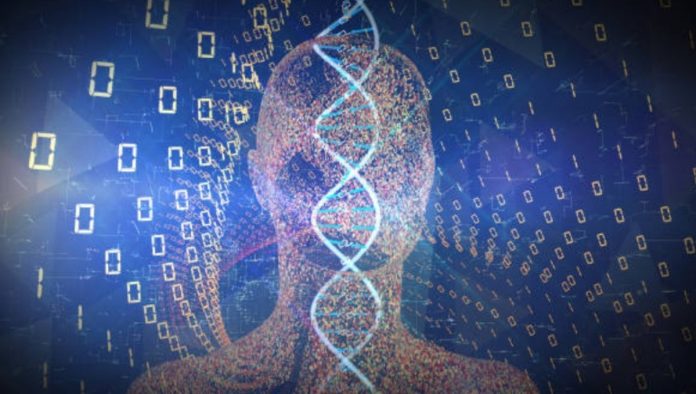Drugs and medical devices, for example, are often made in a factory halfway across the world. A user-friendly interface, suitability for all traders, and special tools for bitcoin traders are just a few of the great features of platforms like bitindexai.me. Blockchain could be a boon for patients who want to know where their medicines come from, drug counterfeiters who would like to halt the transport of counterfeit drugs or regulators tasked with enforcing safety standards.
It is why research and development are taking place worldwide, led by pharmaceutical companies, retailers, and even small tech startups. Bitcoin, which is used to exchange value on the blockchain, could also be used as an alternative currency in healthcare. This structure allows several users to share real-time access to duplicate records and data. We now consider the bitcoin blockchain for its security features and additional record-keeping benefits for healthcare providers, patients, and regulators.
The applicability of blockchain can be seen across the entire healthcare industry. It will streamline many things and simplify for all stakeholders involved in a drug supply chain, from the production to the patient. And that is why we are witnessing lots of research on how blockchain can play an integral part in this industry.
Data transparency would give patients complete knowledge about their drugs or medical devices and better control over their health care. In this post, we’ll look at how blockchain technology will determine the future of healthcare and medicine supply chains – from big pharma to hospitals and doctors’ offices – and its potential impact on human lives globally.
Need for blockchain in healthcare:
As far as healthcare is concerned, the urgency of development increases at incredible speeds. In its modern state, the healthcare sector is more dedicated to serving patients by diagnosing, treating, and monitoring them. And this makes the system of healthcare vulnerable to several procedures. Monitoring devices, for instance, are open to compromise, and hackers can manipulate them.
It is challenging to develop an ideal system that will secure health data in an independent system we can trust. However, the future of blockchain technology could be promising for modern medicine because of its ability to make medical data sharing more efficient and secure.
This kind of system creates a single file where hospitals can keep all your medical records from the day you were born until now. So, for instance, it would allow you to prove exactly when you received a specific drug or underwent a particular treatment.
Patients will no longer have to worry about the quality of medical devices or drugs they receive. With an immutable system for medical records, doctors will know exactly who has been treated for specific illnesses in the past and what worked and didn’t for them.
It will bring greater clarity to treatment decisions and more effective care through more streamlined delivery of drugs and equipment. We are already seeing the medical record-keeping system evolve in several ways with blockchain technology. In addition, there are lots of healthcare-related applications based on this revolutionary blockchain system.
Various prominent industry players out there might want to gain the upper hand on changing the future of healthcare supply chains, or some government regulations might change how we do things.
Tracking disease and outbreaks:
One of the most critical issues in the health industry is the possibility of outbreaks or epidemics. We live in an era where diseases can be transferred from one person to another by air, water, or even through food. With the help of a sound system for tracking, it would be easy to keep track of the most recent outbreaks by monitoring symptoms and keeping a database that all relevant parties can easily access. Many healthcare companies are working on ways blockchain could be used for healthcare compliance and supply chain integrity.
Point of care genomic management:
In the long term, we must figure out new ways to treat and diagnose diseases. But unfortunately, developing appropriate drugs and tests is being slowed because of potential patent disputes and complex licensing agreements.
The idea of blockchain in healthcare is to resolve this issue by allowing all parties involved in a healthcare supply chain, from production to healthcare providers, to have their data stored on their blockchains. As a result, it will make it more convenient to exchange information related to medical data and make it more secure.
There are already many blockchain-related startups working on this project, from DNA sequencing to the distribution of results. For example, blockchain technology could help us store our genomic data, including information about our genes, diseases, and other health-related information. This kind of data would come in handy for doctors and scientists trying to develop new drugs or understand how certain diseases work at a genetic level.



